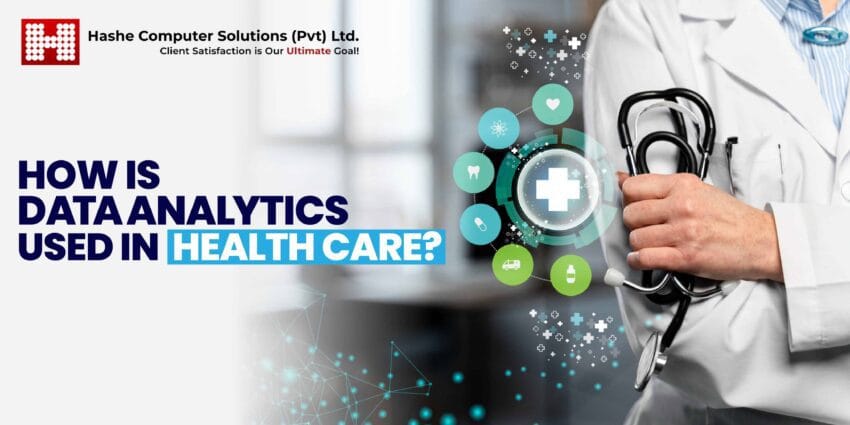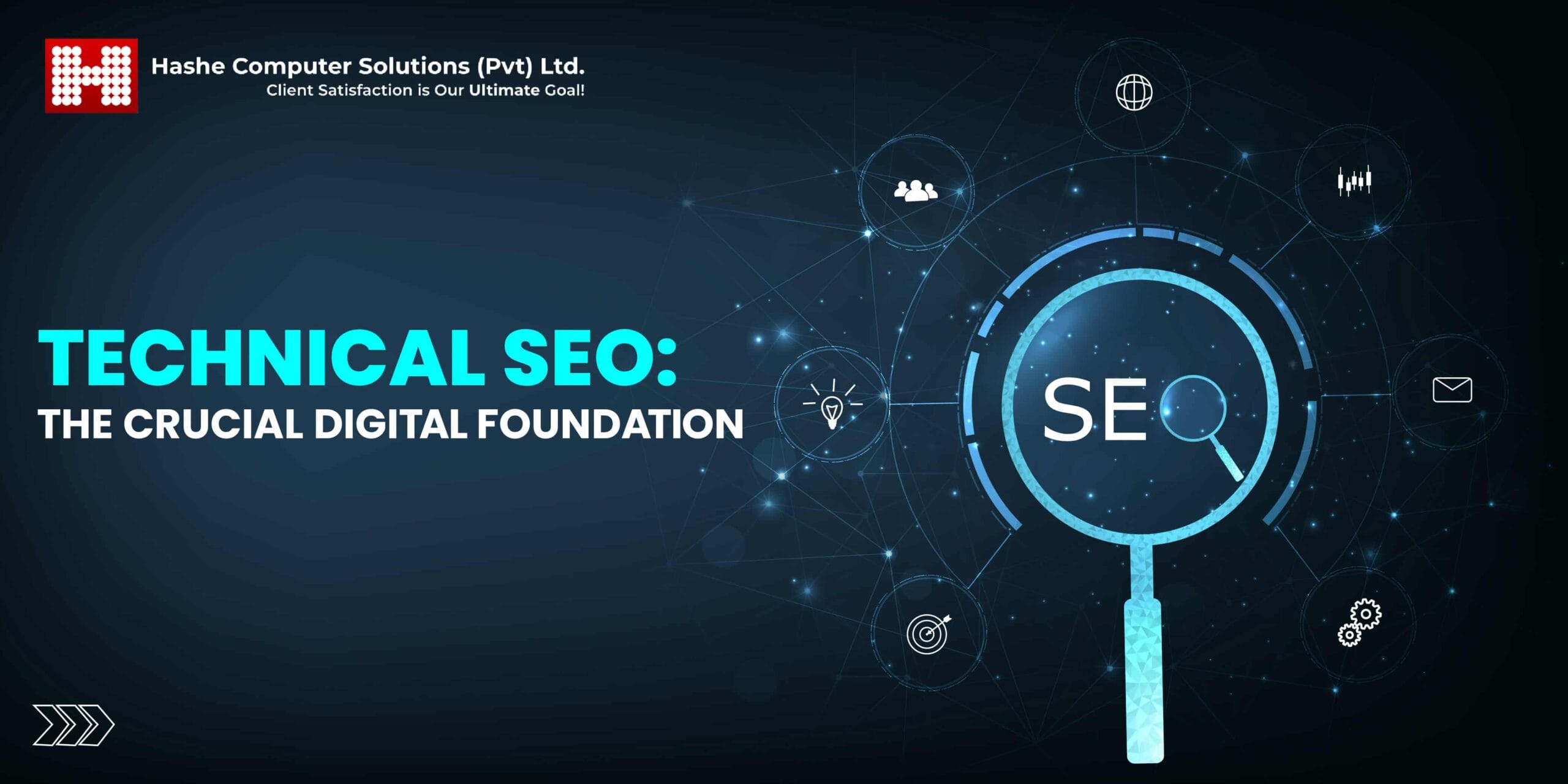
Data analytics in healthcare is not just a buzzword; it’s the engine powering smarter decisions, better patient outcomes, and leaner operations.
At Hashe ness healthComputer Solutions, we harcare data analytics to help providers and healthcare networks unlock the full value of their data.
1. What Is Data Analytics in Health Care?
Data analysis in healthcare involves collecting, integrating, and interpreting data from electronic health records (EHRs), diagnostics, patient feedback, wearables, and more. Using tools like predictive modeling, machine learning, and real-time dashboards, healthcare organizations can transition from reactive care to proactive, personalized decision-making.
2. Why Healthcare Data Analytics Matters
Here’s how data analytics for healthcare drives lasting impact:
- Improved patient care: Predict which patients may be readmitted, adjust treatments, and intervene early.
- Operational efficiency: Automate workflows, streamline triangulations, and reduce bottlenecks.
- Cost control: Identify frequent claim patterns, reduce fraud, and optimize resource utilization.
- Population health insights: Spot trends, manage epidemiological risks, and support preventive programs.
3. Key Types of Healthcare Analytics at Hashe
Hashe employs a range of healthcare data analytics techniques, each tailored to the specific needs of medical providers and healthcare systems:
Type of Analytics | How Hashe Uses It | Real-World Impact |
|---|---|---|
| Descriptive Analytics | Leverages interactive dashboards to present historical data trends | Gain insights into patient flow and clinic performance |
| Predictive Analytics | Applies machine learning to forecast readmissions or appointment no-shows | Anticipate patient behavior, reduce readmission rates |
| Prescriptive Analytics | Suggests optimal workflows and resource usage | Dynamically refine schedules and staffing for efficiency |
| Real-Time Analytics | Uses live dashboards and AI-powered chatbots for on-the-spot insights | Detect urgent care needs and anomalies instantly |
These comprehensive data analytics for healthcare solutions empower medical professionals to make timely, informed decisions, whether planning or reacting in the moment.
At Hashe, we tailor solutions to client needs spanning multiple domains:
Integrated Data Foundations
We unify data from disparate sources EHRs, billing systems, wearables, lab results using interoperable platforms. Our solutions are HIPAA‑compliant and built for secure data handling across systems.
Clinical & Administrative Insights
Hashe’s dashboards and ML-assisted reporting tools help streamline pathology workflows, insurance claims processing, and diagnostic support. For example, automating report analytics cuts administrative loads and improves clinical reliability.
Visual and NLP Analytics
We also deploy natural language processing to analyze unstructured clinical notes, as seen in platforms like CogStack. These tools extract trends from free-text data in clinical records to inform research or refine care protocols
4. Real-World Impact: Results You Can Measure
Our healthcare clients using data analytics in the healthcare industry have seen:
- Reduced readmission rates by 20%+
- Lowered no-show rates, stronger appointment adherence
- Higher patient satisfaction and engagement
- Cost savings through claims fraud detection, claims automation
- Optimized clinician workloads, enabling providers to focus on high-value tasks
These outcomes reflect the same breakthroughs documented in broader healthcare analytics case studies.
5. Overcoming Key Challenges with Hashe’s Approach
Implementing data analytics in healthcare poses unique challenges:
- Privacy & Security: Hashe’s solutions comply with HIPAA/GDPR, using data encryption and access controls.
- Interoperability Issues: We integrate EHRs, lab systems, and IoT data into unified platforms to avoid silos.
- Data Quality & Standardization: Hashe cleans and structures data for accuracy, which is essential for reliable analytics.
- User Adoption & Training: We offer stakeholder engagement, training sessions, and operational support to ease transitions.
6. Emerging Trends & What’s Next
As data analytics in healthcare evolves, Hashe is advancing innovation in:
- Real-time sensor data analysis (wearables, remote monitoring)
- Incorporating Social Determinants of Health (SDOH)
- Exploring blockchain-based data security for interoperable and patient-controlled access
These trends position us to support clients with future-ready solutions for proactive, accountable, and transparent care.
7. Why Partner with Hashe for Healthcare Analytics?
- Deep technical expertise: enterprise-grade AI/ML, integration, analytics visualization
- Proven track record: measurable improvements in patient engagement, cost control, and clinical outcomes
- End-to-end services: from strategy and implementation to maintenance and reporting
- Security-first mindset: Built for healthcare compliance, privacy, and trust
Final Thoughts
Data analytics in the healthcare industry isn’t only about visuals on dashboards; it’s about shifting how care is delivered. With healthcare data analytics, providers can move from reactive models to predictive, efficient, and patient-centered systems.
At Hashe, we turn raw data into actionable insights, helping healthcare organizations reduce costs, improve outcomes, and unlock scalable growth. From strategy and data ingestion to predictive models and real‑time reporting, Hashe is your partner to harness the full potential of data analytics in healthcare.
Was this helpful?
Last Modified: August 13, 2025 at 7:05 pm
52 views















